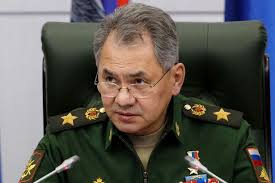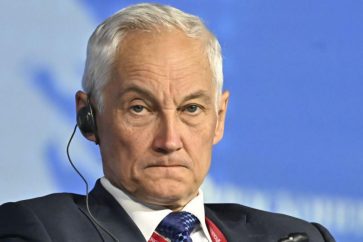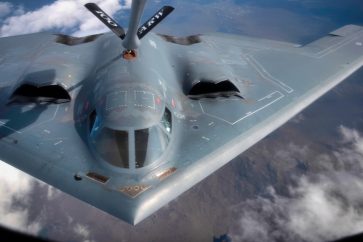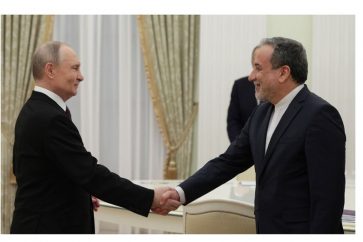The West seeks to destroy Russia’s economy and military potential, making it impossible for the country to pursue an independent foreign policy, Russian defense chief Sergey Shoigu said at a joint board meeting of the Russian and Belarusian defense ministries on Wednesday.
He pointed out that the number of NATO forces in Eastern and Central Europe had risen by two and a half times since February and might increase further in the near future, which would put Russia’s allies, including Belarus, in danger. TASS has put together crucial statements made at the video conference meeting.
“Russia undoubtedly is the main target of the collective West’s destructive activities, aimed at wiping out Russia’s economy and military potential and depriving it of the chance to pursue an independent foreign policy,” Shoigu noted. He stressed that Western countries were encouraging Kiev to escalate the conflict by providing it with intelligence and sending military advisors and mercenaries to Ukraine. They “are pointedly ignoring” the Kiev regime’s nuclear blackmail, which includes shelling attacks on the Zaporozhye Nuclear Power Plant, the Russian defense minister added.
He emphasized that NATO’s new strategic concept suggested moving from containing Russia “through forward presence” to creating “a full-scale system of collective defense on the eastern flank,” with the bloc’s non-regional members deploying troops to the Baltic countries, Eastern and Central Europe, and new multinational battalion tactical groups being formed in Bulgaria, Hungary, Romania and Slovakia.
According to Shoigu, the number of NATO forces on its “eastern flank” has risen by two and a half times since February, exceeding 30,000, and may “increase further in the near future.” It “will also put our allies in danger, first and foremost, our brotherly country of Belarus,” he noted.
Given this situation, the Russian Defense Ministry considers prioritizing the military security of the Union State of Russia and Belarus. The defense ministries of Russia and Belarus regularly hold joint activities, continue to shape “a common defense space” and conduct joint planning, Shoigu noted.
His Belarusian counterpart Viktor Khrenin highly appreciated the outcome of cooperation in 2022. “Despite the current developments, <…> we were able to achieve important results,” he said, adding that Minsk and Moscow had already begun preparations for the Union Shield 2023 operational exercise that had been announced before the launch of Russia’s special military operation.
Activities aimed at practicing combat coordination between military units meant to form a regional group of forces have been going on in Belarus since October 22, Shoigu pointed out.
Belarusian President Alexander Lukashenko announced the deployment of the regional group of forces on October 10. Russian troops started to arrive in Belarus on October 15. According to the Belarusian Defense Ministry, about 9,000 Russian troops will be sent to the country along with some 170 tanks, as many as 200 armored vehicles and up to 100 guns and mortars.
Source: Agencies




